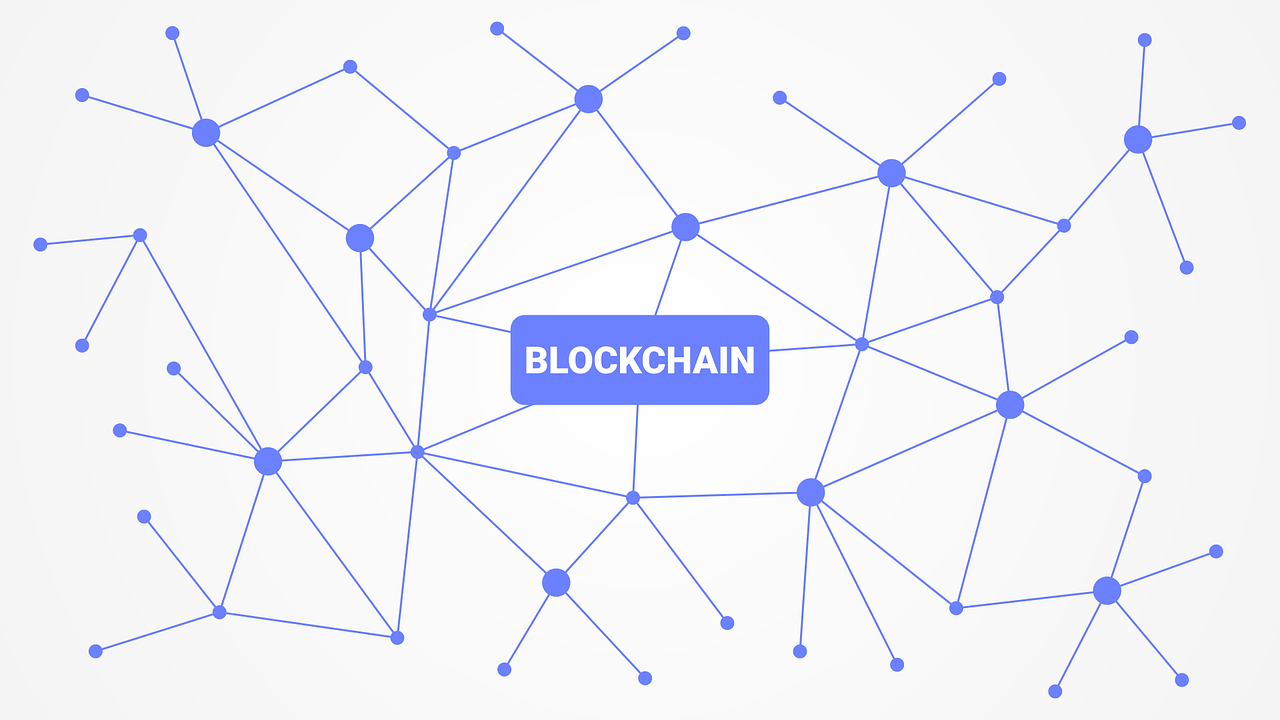
- 17 Apr, 2020
- read
Blockchain is a shared, distributed ledger that facilitates the process of recording transactions and tracking assets in a business network. An asset can be tangible — a house, a car, cash, land — or intangible like intellectual property, such as patents, copyrights, or branding. Virtually anything of value can be tracked and traded on a blockchain network, reducing risk and cutting costs for all involved.
Smart contracts.
A smart contract is an agreement or set of rules that govern a business transaction; it’s stored on the blockchain and is executed automatically as part of a transaction. Smart contracts may have many contractual clauses that could be made partially or fully self-executing, self-enforcing, or both. Their purpose is to provide security superior to traditional contract law while reducing the costs and delays associated with traditional contracts.
Hyperledger.
Hyperledger is a Linux Foundation open-source, collaborative effort to create blockchain technology suitable for the enterprise. Hyperledger Fabric is a blockchain framework implementation and one of the Hyperledger projects hosted by The Linux Foundation with a modular architecture and pluggable, interchangeable services using container technology.